At Tennisfan, we believe that exceptional tennis instruction goes beyond simply teaching strokes and strategies. Our comprehensive approach addresses the technical, tactical, physical, and mental aspects of the game, creating well-rounded players who can perform at their best under any circumstances.
Our coaching methodologies are based on proven techniques used by top professionals worldwide, adapted to suit individual learning styles and goals. We understand that each player is unique, and we tailor our approaches accordingly.
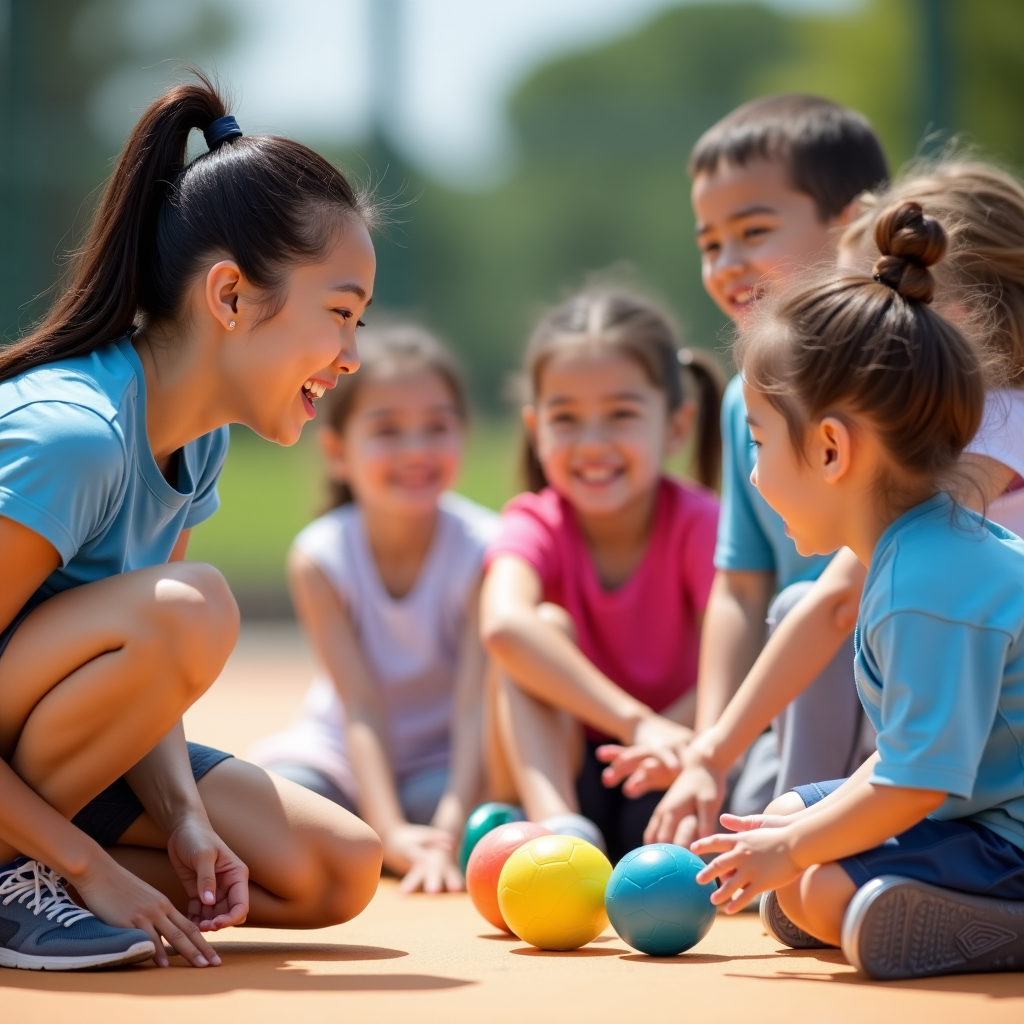
Our age-appropriate development model ensures that players receive instruction that matches their physical and cognitive capabilities. For younger players, we use modified equipment and court sizes to facilitate proper technique and enjoyable learning experiences.
As players progress, we gradually introduce more complex concepts and techniques, building upon their existing skills. This progressive approach prevents overwhelm and helps maintain enthusiasm for the sport.
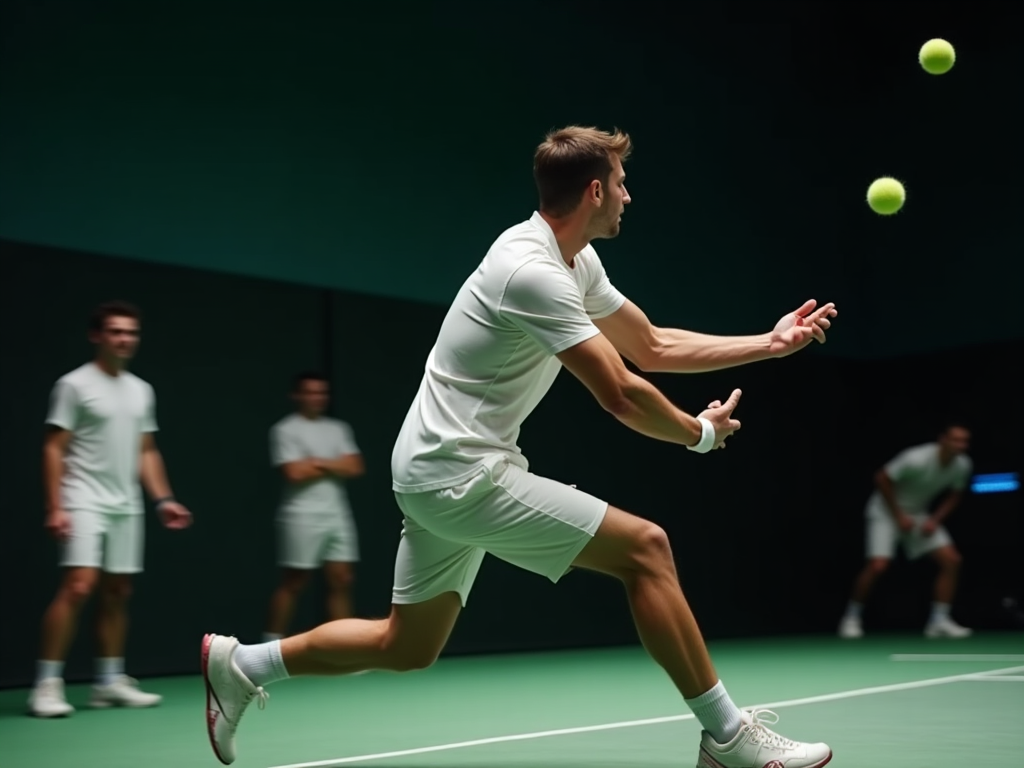
Our technical coaching emphasizes biomechanically efficient stroke production. We focus on developing strokes that are not only effective but also sustainable and less prone to injury.
Using video analysis and comparative techniques, we help players understand the mechanics behind their movements and make necessary adjustments for optimal performance.
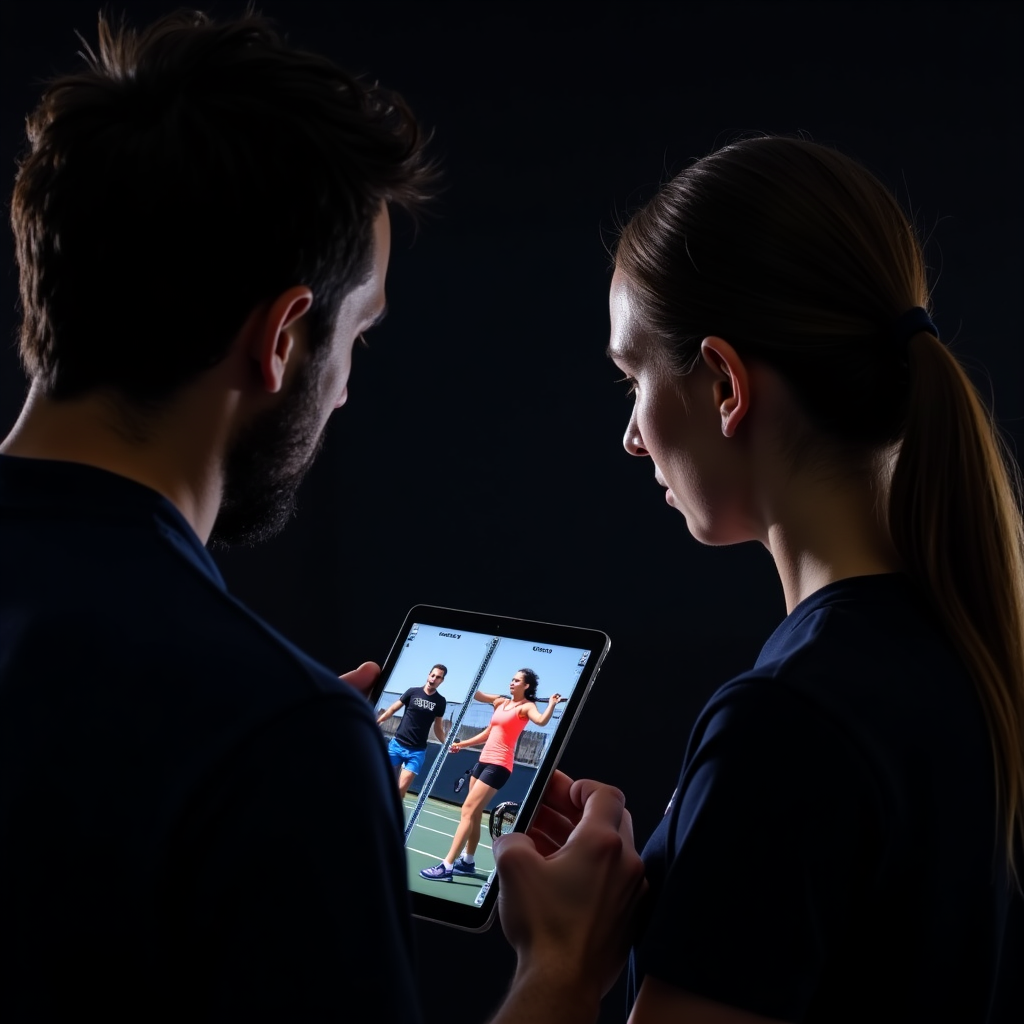
Tennis is often described as "physical chess," requiring strategic thinking and quick decision-making. We teach players how to analyze match situations, recognize patterns, and make intelligent choices.
Through guided match play, situational drills, and strategic discussions, players develop a deeper understanding of tennis tactics and learn to adapt their game plans based on opponents and conditions.
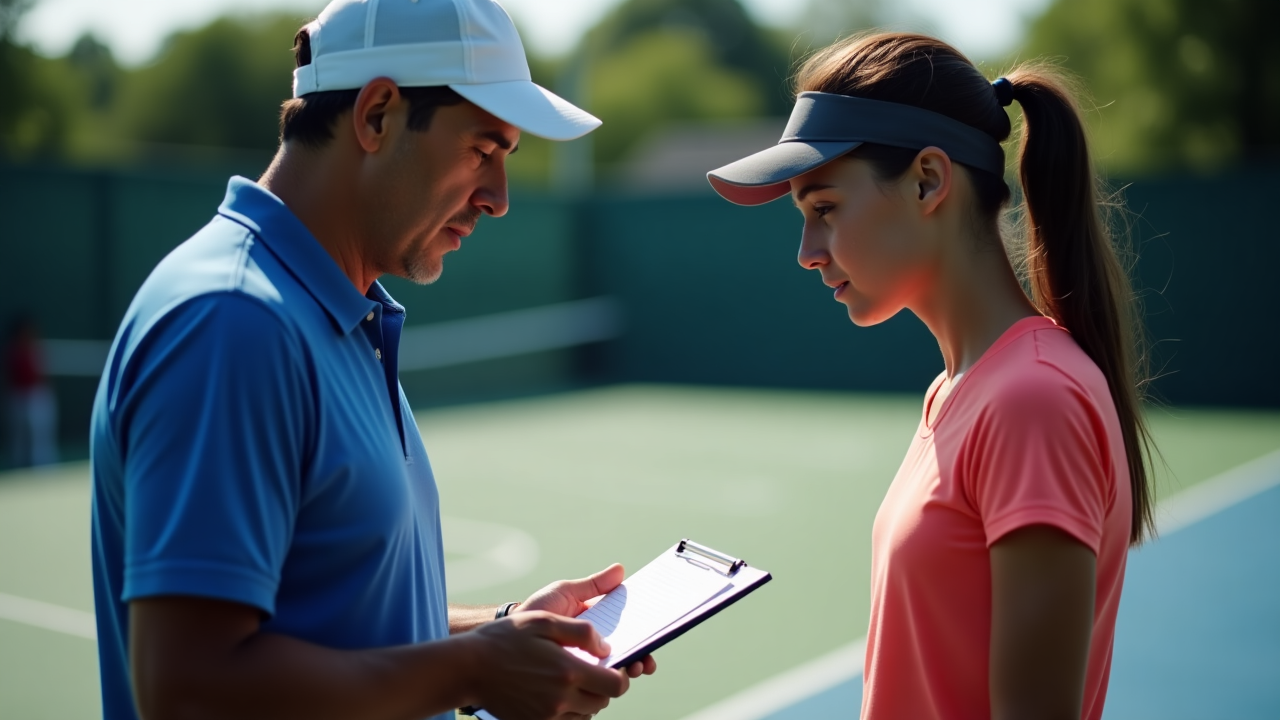
The mental aspect of tennis often separates good players from great ones. Our mental performance training helps players develop concentration, emotional control, and confidence under pressure.
We incorporate mindfulness techniques, pre-point routines, and visualization exercises into our training sessions, equipping players with the mental tools they need to perform consistently.
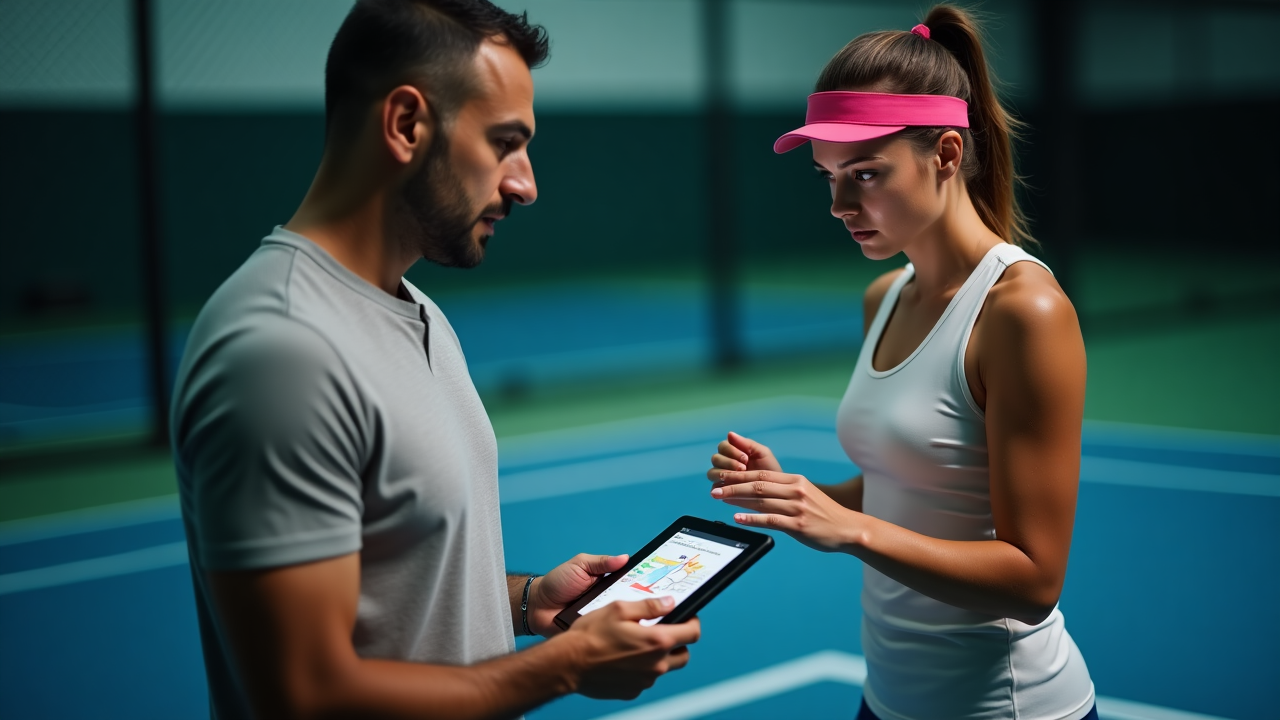
We recognize that each player has unique learning preferences, strengths, weaknesses, and goals. Our individualized approach ensures that training is tailored to meet specific needs.
Regular assessments and progress tracking allow us to adjust training plans and provide targeted feedback for continuous improvement.
A structured pathway to tennis excellence
During this initial stage, players develop fundamental movement skills and basic tennis technique. The focus is on creating a love for the game and establishing proper mechanical habits.
As players progress to the intermediate level, we expand their technical repertoire and introduce more advanced concepts. Training becomes more structured while maintaining an enjoyable environment.
At the advanced level, training focuses on perfecting technique, developing sophisticated tactical understanding, and preparing for high-level competition.
For players aiming to compete at the highest levels, our excellence program provides comprehensive support, including periodized training plans, competition scheduling, and specialized coaching.
The principles that guide our approach to tennis instruction
We believe that lasting progress begins with a genuine love for the game. Our coaches strive to create an environment where players develop and maintain their passion for tennis throughout their journey.
Our approach places the student at the center of the learning experience. We adjust our teaching methods to match individual learning styles, goals, and personalities rather than forcing players to adapt to a rigid system.
While we celebrate achievements, we emphasize the importance of the learning process. We teach players to focus on improvement and effort rather than being solely results-driven, which builds resilience and sustained progress.
Rather than simply telling players what to do, we often use questioning techniques and guided discovery to help them understand concepts more deeply and develop problem-solving skills that transfer to match situations.